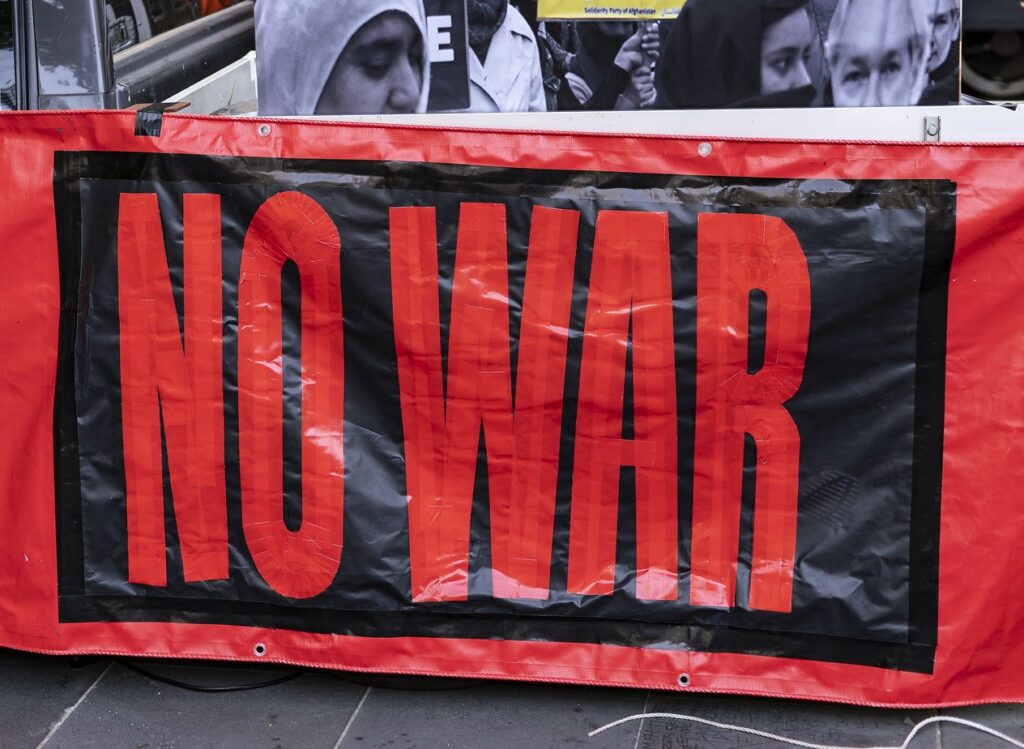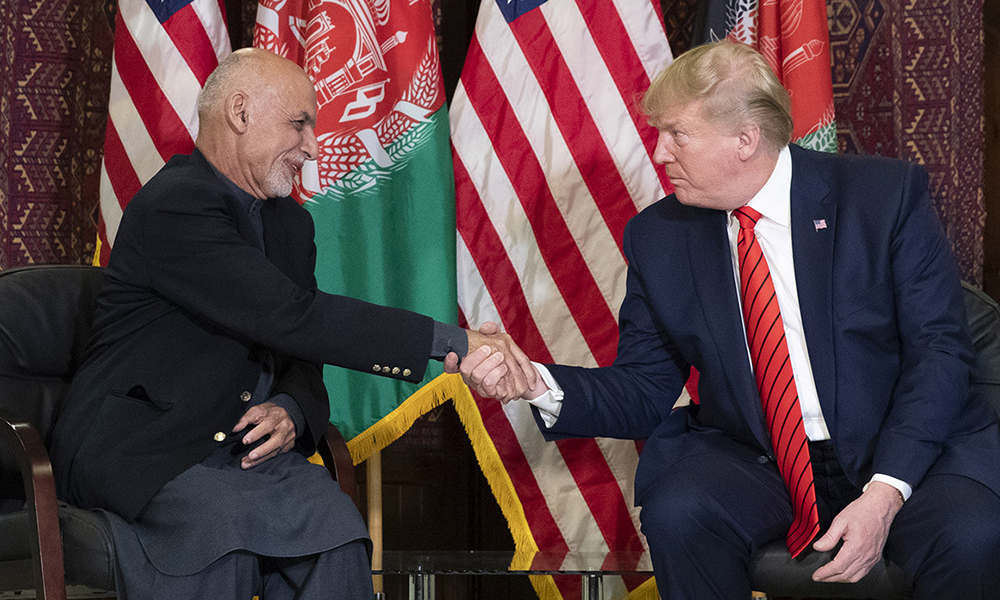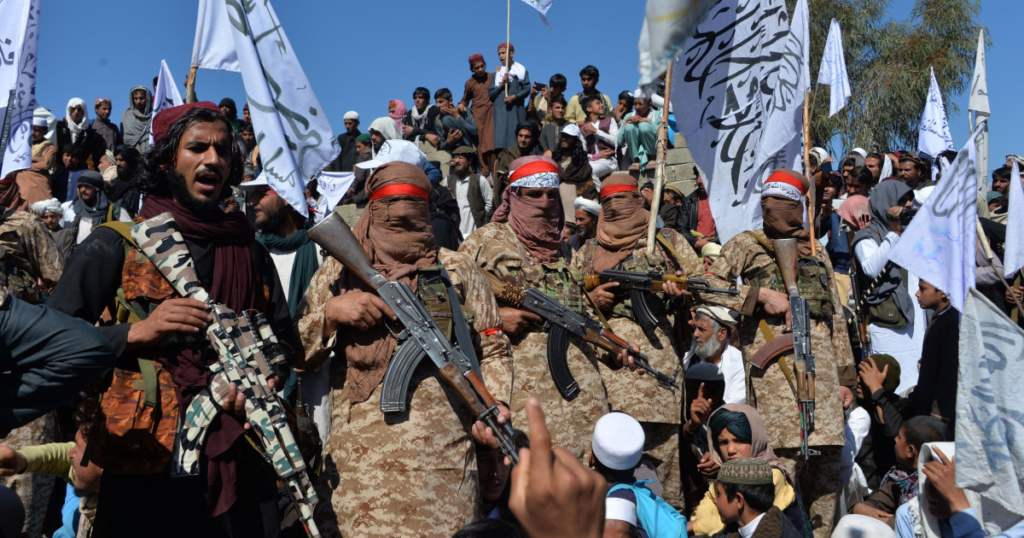Who are the Taliban’s key leaders in Afghanistan?
Six important figures lead the Taliban movement, which has been fighting the Western-backed government since 2001.
The Taliban has been fighting the Western-backed Afghan government in Kabul since it was removed from power in 2001.
It originally drew members from so-called “mujahideen” fighters who, with support from the United States, repelled Soviet forces in the 1980s.





